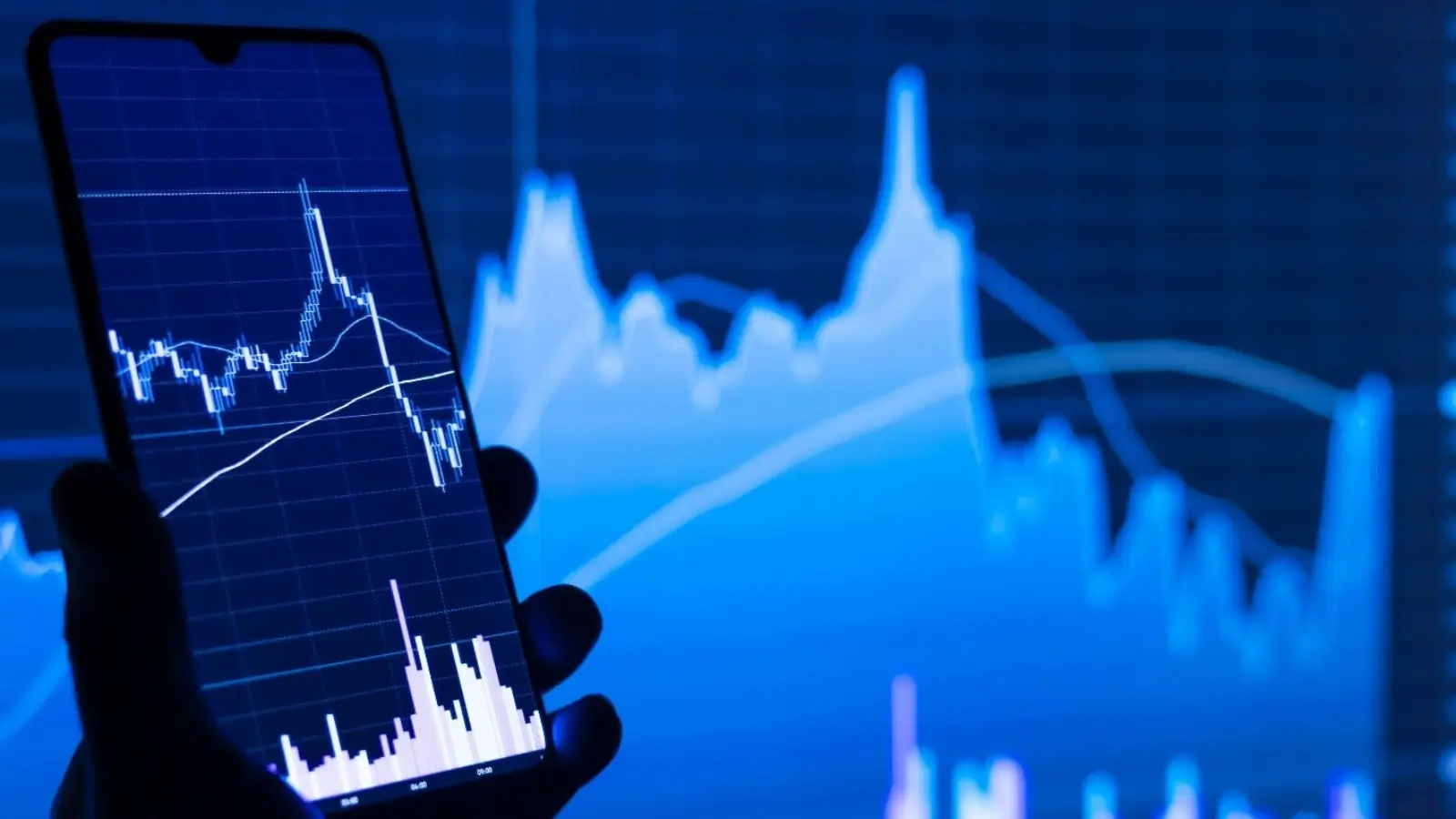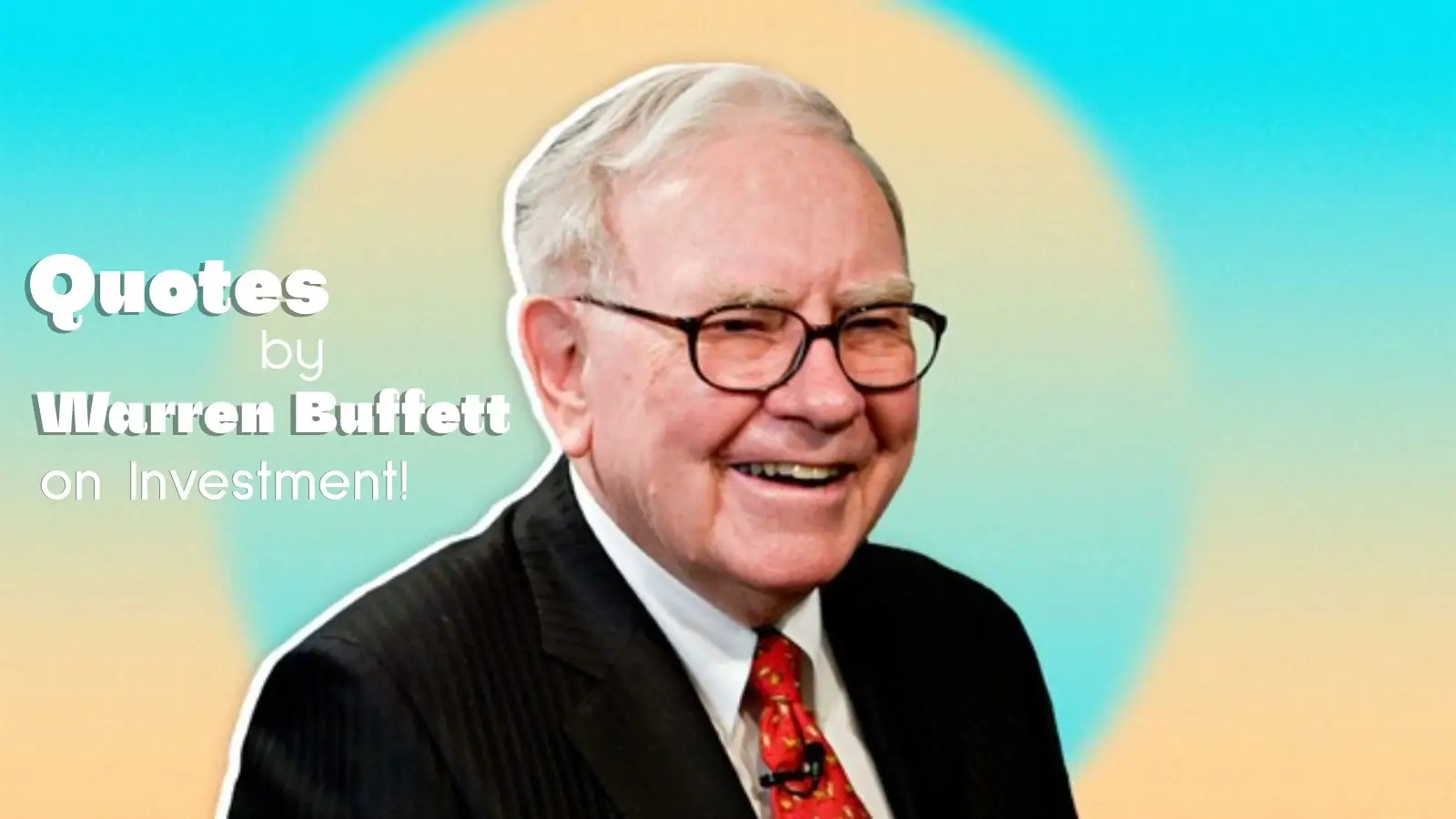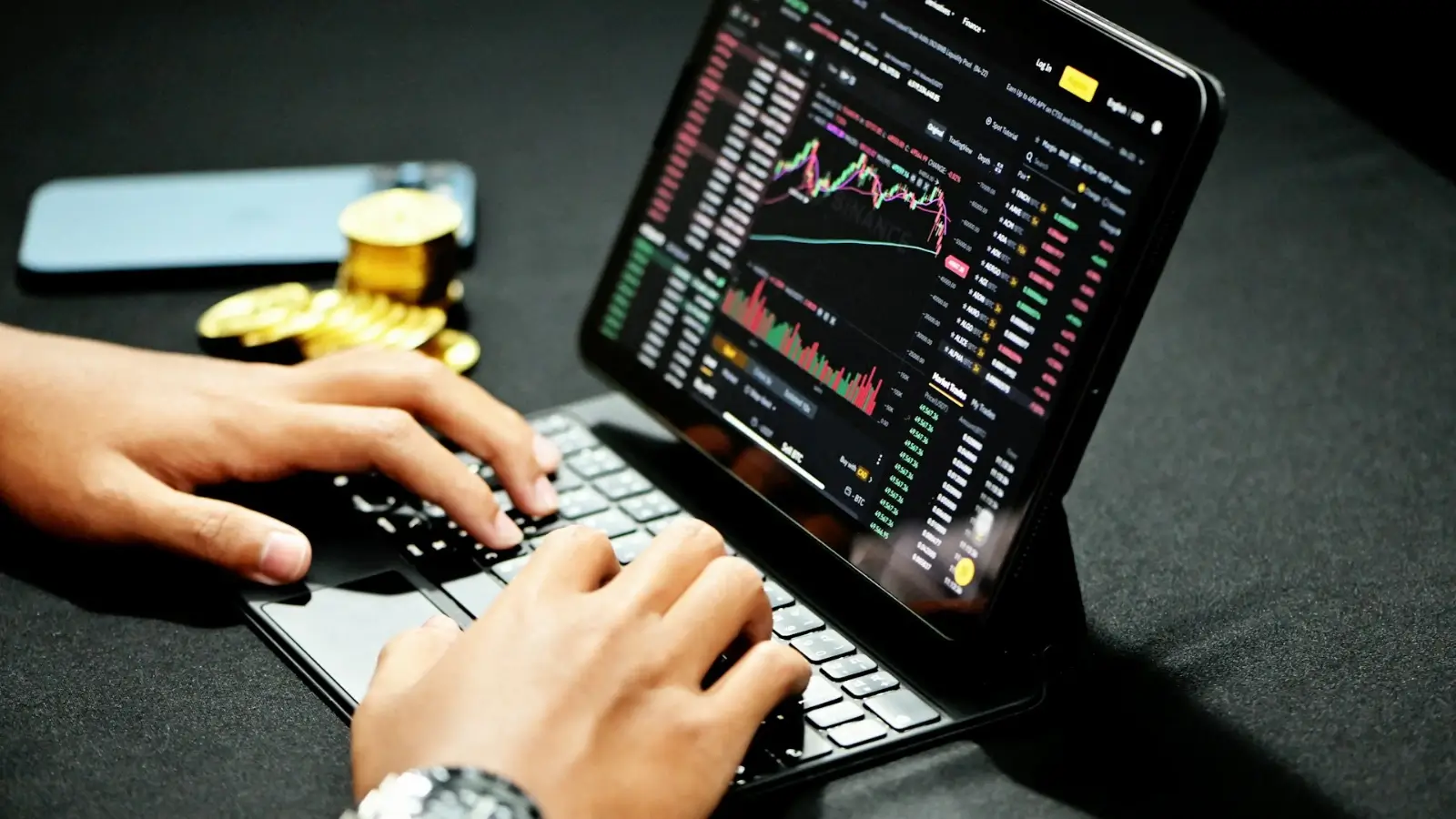The debate over whether trading is gambling or a legitimate venture continues to divide opinions. While gambling relies on chance, disciplined trading incorporates strategies, analysis, and risk management. Understanding the differences can help distinguish reckless behavior from trading as a calculated pursuit of financial growth. Understanding trading’s true potential begins with credible knowledge. Visit https://quantumbumex-app.com/ to gain valuable insights and enhance your trading skills.
Skill Vs. Luck: Analyzing The Gray Area
Market Volatility And Randomness
Markets often behave like restless seas. In 1987, a sudden crash stunned traders around the globe. Such moments reveal how swift changes can catch even veterans off guard. There's a joke among seasoned observers: markets sometimes have minds of their own.
Data from past decades shows random elements can tilt outcomes in unexpected ways. Profits might appear strong one day, then vanish the next. Some folks see it as a coin toss. Others argue deeper patterns exist. Ever heard the tall tales from 2008? The meltdown was epic, leaving many speechless. Gains and losses felt like a wild carnival ride.
Evolving methods keep popping up. Day trading once relied on phone calls and newspaper tips. Now algorithms move funds in a split second. Some folks try to treat day trading like a cat chasing a laser pointer. Ever seen a cat dash around the living room? The approach might look frantic, but discipline separates guesswork from genuine insight.
Trend-following gained popularity in the 1970s, while momentum plays took center stage in the 1990s. Now there's an interest in data-driven models meant for consistent outcomes. Tools keep changing. Attitudes keep shifting. The question remains: does success flow from skill or a dash of fortune?
Behavior often dictates results more than spreadsheets do. Fear and euphoria can hijack decisions, especially when hot tips circulate during market highs. A neighbor once rushed to buy stocks in 2021 after hearing hype on social media. The outcome was messy. No crystal ball can protect from impulsive moves.
Overconfidence leads some to dump savings into a single trade, hoping for a jackpot. Panic might spark hasty exits at the worst moments. Those who study patterns of herd mentality often spot repeating cycles. Is it luck or a reflection of human nature? Observers suggest it's both.
Modern Misinformation And The Social Media Influence
Hype Culture And Viral Advice
Hype spreads like wildfire. Platforms where folks share short clips or trending memes can spark booms in certain stocks or coins overnight. Many recall the frenzy around meme stocks in early 2021. It felt like a roller coaster with daily twists. Small players sometimes toss entire paychecks on a rumored winner. Ever tried explaining such a move to a skeptical friend? The bandwagon effect is real. Rumors and buzz might spark quick spikes. Then reality sets in, leaving unprepared traders with losses they never saw coming.
Detecting Scams And Ponzi Schemes
Fake promises can appear attractive. History saw painful episodes like Bernie Madoff's scheme, exposed in 2008, which drained countless fortunes. Spotting suspicious pitches can reduce nasty surprises.
A few warning signs often appear:
- Guaranteed returns promising no downsides.
- Requests for large lump sums with minimal paperwork.
- Pressure to recruit friends or family for more rewards.
Greed can cloud judgment, especially when promises of quick wealth fill the air. Taking a step back can help. A thorough review of facts can block regret later.
Educating Yourself: A Shield Against Exploitation
Learning is a powerful defense. Browsing trustworthy books or attending seminars helps in building awareness. Speaking with licensed professionals may highlight risks hidden from casual observers. People who jump in without basic knowledge often face confusion and disappointment.
Plenty of success stories involve those who studied market patterns and practiced in simulated environments first. Asking questions can save money. Overconfidence is a trap. Regular research acts like a helmet on a bike ride. It's a wise approach to find second opinions before any big move.
Emotional Discipline: The Hidden Driver Of Success
Trading Psychology Fundamentals
Mindset often trumps strategy. FOMO can strike when prices surge, and panic can grip traders if markets tumble. Some recall the year 2020, when wild swings rattled nerves. Emotional spikes can overshadow any logical plan. Seasoned observers suggest setting ground rules early, such as a limit on daily trades.
Some compare overtrading to eating an entire cake in one sitting. It might taste good at first, but the aftermath hurts. Rational thinking demands discipline. Following a plan can spare heartbreak when greed or fear calls the shots.
Handling Drawdowns And Setbacks
Market dips can sting like a paper cut. In 2000, the tech bubble wiped out massive sums. Losses can feel personal. Does it mean giving up? Hardly. Few bounce back by rethinking their strategies and limiting their risk.
Taking a break to assess mistakes can lead to stronger insights. There's a wise saying: never chase losses. The phrase rings true because desperation often doubles the damage. A calm review of past trades might offer clues. Steady resolve can transform a setback into a valuable lesson.
Balancing Risk And Personal Goals
Risk management is like choosing the right sized parachute. A friend with moderate savings might aim for steady gains, while another with a hefty bankroll may feel comfortable aiming higher. Each plan should match personal comfort levels. Does every approach guarantee profit?
No. It helps to speak with mentors or financial experts before making large commitments. Caution can preserve capital during storms. Dreams are wonderful, but a solid plan helps in reaching them step by step. Mindful planning can protect both wallet and sanity over time.
Conclusion
Trading isn't inherently gambling—it’s the approach that makes the difference. With strategy and discipline, trading becomes a skill-based pursuit. However, without knowledge and risk management, it can spiral into speculative gambling. The key lies in adopting a methodical and informed approach to market participation

















